-78%
Evolution and Innovations in Clinical Microbiology: Exploring Advances and Optimizing Patient Outcomes
Clinical Microbiology, a vital facet of laboratory medicine, has witnessed an unprecedented pace of transformation. This evolution is driven by a myriad of factors, including the advent of cutting-edge technologies, the emergence of novel antimicrobial resistance mechanisms, and the discovery of pathogens previously considered benign.
Technological Advancements: Paving the Way for Diagnostics
High throughput gene sequencing and multiplex molecular assays have revolutionized the field. These methods have facilitated the rapid identification of microorganisms, enhancing diagnostic accuracy and reducing turnaround times. MALDI-TOF MS, a technique that analyzes protein profiles, has emerged as a powerful tool for rapid species identification.
New Pathogen Discovery: Unveiling the Unseen Threat
The discovery of new pathogens has posed significant challenges to healthcare professionals. Modern medical interventions, such as solid organ and stem cell transplantation, have created an environment conducive to infections from historically low-virulence agents. Researchers are continuously expanding our understanding of microbial diversity, identifying novel species that require specific diagnostic and management strategies.
Personalized Antimicrobial Chemotherapy: Tailoring Treatment to the Individual
The rapid evolution of antimicrobial resistance necessitates personalized approaches to antibiotic selection. Antimicrobial susceptibility testing methods have become more sophisticated, incorporating molecular techniques to identify resistance genes and predict treatment outcomes. This knowledge allows clinicians to tailor antibiotic regimens to the specific microbial profile of the patient, optimizing therapeutic efficacy and minimizing the risk of further resistance development.
Integrating New Technologies for Optimal Patient Impact
Implementing new technologies into clinical practice requires careful consideration. One paper in this issue focuses on maximizing the patient impact of these methods. It discusses strategies for effectively implementing new technologies, ensuring their seamless integration into workflow and optimizing their utilization for improved patient outcomes.
Conclusion
Clinical Microbiology is a field of constant evolution, driven by technological advancements, pathogen discovery, and the evolving landscape of antimicrobial resistance. This issue of Clinics in Laboratory Medicine delves into these groundbreaking advances, highlighting their impact on diagnostics, personalized antimicrobial chemotherapy, and patient care. Understanding these changes is crucial for laboratory professionals and clinicians alike, as it enables them to stay abreast of the latest developments and provide optimal care to their patients.
maybe you like these too:
- A Guide to Specimen Management in Clinical Microbiology, 3rd Edition (Original PDF from Publisher)
- Introduction To Diagnostic Microbiology For The Laboratory Sciences (EPUB)
- Textbook of Microbiology & Immunology, 2nd Edition
- Bacterial Resistance to Antibiotics: From Molecules to Man (Original PDF from Publisher)

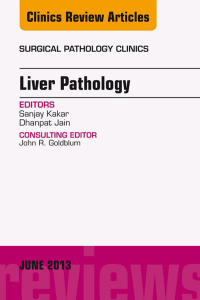
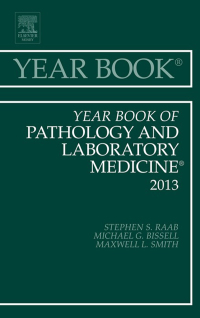
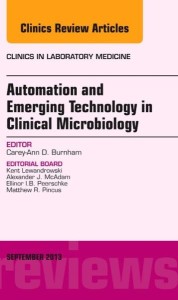


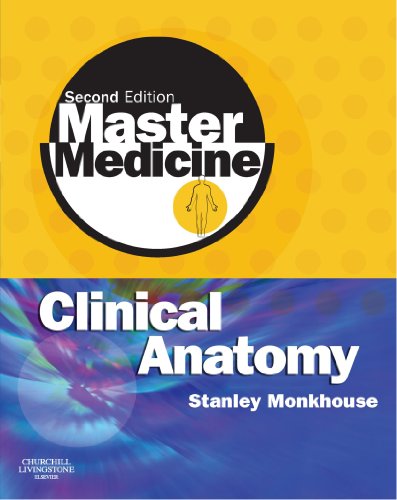
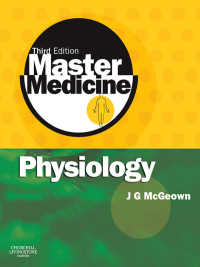

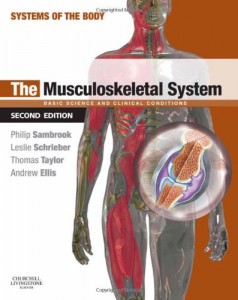
Reviews
Clear filtersThere are no reviews yet.